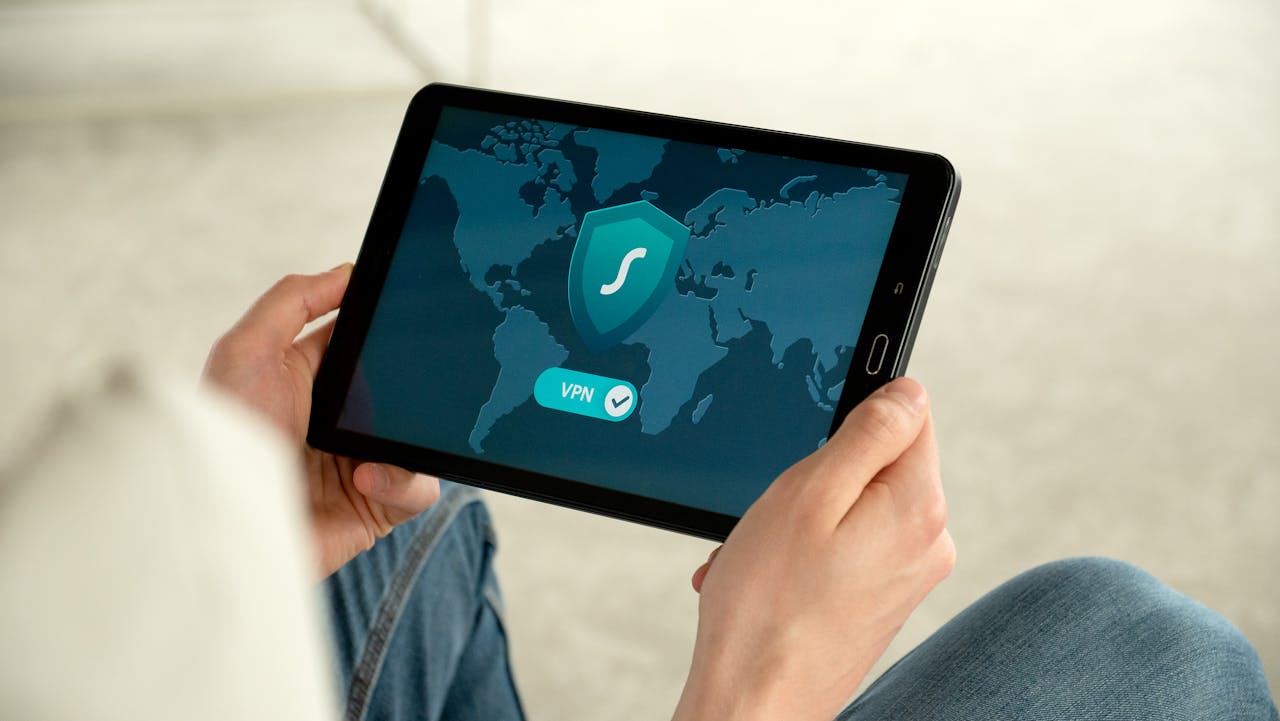The current changes in the world of work through remote work have shifted the way we work and the perception of cybersecurity. As more employees are now working from home, security has become even more important than it used to be.
It is necessary to be aware of the measures that are associated with cybersecurity and ensure that they are adhered to in order to avoid the leakage of information and to ensure that the workplace is safe.
The following are seven crucial cybersecurity tips that people working from home should take into consideration.
Use Strong, Unique Passwords
Developing good and distinct passwords for all the accounts is one of the most basic measures that should be taken to safeguard your identity. Poor passwords are a direct call for hackers who employ different methods to break them. To improve the password safety, include letters, numbers, and special signs in your password. Do not set answers to easily guessable questions like birthdays or simple words.
It is also important to note that one should use a password manager to help manage the passwords. This tool does not only assist in creating good passwords but also stores these passwords for you. With the help of a password manager, you can guarantee that each of your accounts will have a different password, thus, even if one of the passwords will be stolen, all the others will remain secure.
Keep Your Software Updated
Software updates are very important to ensure the security of the devices you use in your day to day life. Such updates sometimes contain fixes for security issues that hackers might take advantage of. This is because the operating system, applications, and antivirus software you use should be updated to the latest versions to prevent known threats.
Where possible, enable the automatic update so that you do not miss any important security updates. Also, ensure that you regularly update any third-party application or plug-in that you may be using since they are also prone to cyber attacks.
Use a Virtual Private Network (VPN)
Another important thing when working remotely, especially using public Wi-Fi networks, is to use a VPN. A VPN hides your internet connection, and this makes it hard for hackers to get your information. This is especially true when dealing with confidential data or performing any form of monetary operations.
VPNs also have the benefit of privacy since they hide your IP address. This means that your activities on the internet are harder to monitor, thus your privacy is safeguarded from those who would wish to snoop into your affairs. To learn more about the benefits and options available, researching reputable VPN services can provide valuable insights and help you make an informed decision.
Be Wary of Phishing Scams
Phishing scams are fraudulent acts of trying to get sensitive information from an individual under the guise of a legitimate company or organization. These scams are usually in form of emails or messages which look genuine but contain links or attachments that are dangerous. To avoid getting a virus, do not open links or download files from sources you do not know.
Never share any personal details with anyone unless you are sure that the person contacting you is genuine. Be wary of emails that contain links to websites that contain spelling mistakes, strange addresses, or messages that are written in a hurry and contain requests to take some action. It is also useful to employ the email filtering tools and be aware of the current trends in phishing to minimize the risks.
Secure Your Home Wi-Fi Network
Your home Wi-Fi network is one of the main access points that hackers can use to penetrate your life. To secure it, one has to change the default router password, enable WPA3 encryption, and hide the SSID of the network. Here are the measures that you can follow to ensure that no one accesses your network and the data that is being transmitted:
Updating the router firmware frequently and using a good, unique password for the wireless network adds to the security. Further, it is also possible to partition your network to have a different connection for the workplace devices and the ones used at home to minimize the chances of interconnection.
Back Up Your Data Regularly
Data backup is critical in that it helps to protect your data from being lost or stolen by backing up the data at regular intervals. Data backup means that you can always retrieve your data in the event that the hardware fails, there is an attack or you delete something by mistake. This should involve both cloud and physical storage mediums in order to have multiple copies of the data.
Schedule the automatic backups to be performed at certain intervals so that your data is always protected. Backup your files often and then conduct a trial run to ensure that you can indeed recover your files when the need arises. This practice offers assurance and guarantees the smooth running of a business in case of a data loss disaster.
Use Antivirus and Anti-Malware Software
Having a good antivirus and anti-malware software is one of the most important measures that should be taken when protecting a computer. These tools are capable of identifying, isolating and eradicating threats from your devices to safeguard you from various threats. Make sure that the security software that you have installed is updated to protect you against the latest threats.
Besides antivirus software, one should be cautious when browsing the Internet and should not download any software from the Internet. Performing a routine check of your devices for threats is a good way of preventing dangerous threats from penetrating your devices and causing havoc.
These are the eight cybersecurity tips that can help remote workers to establish a safer and more secure environment online. The practices mentioned above assist in ensuring that private information is not exposed, privacy is upheld, and incidences of hacking are prevented.



